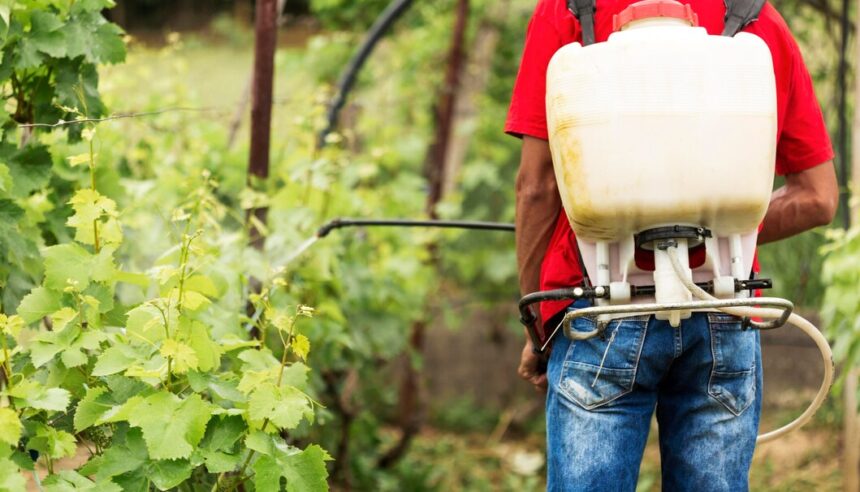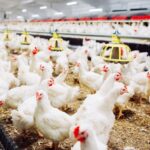Pest management is a critical aspect of successful farming in South Africa. Effective pest control can safeguard crops, improve yields, and ensure sustainable farming practices. Here are key strategies for effective pest control:
- Integrated Pest Management (IPM): IPM combines biological, cultural, mechanical, and chemical control methods to manage pests in an environmentally and economically sound manner. This holistic approach helps in reducing reliance on chemical pesticides and minimizes environmental impact.
- Regular Monitoring and Early Detection: Regular field inspections are crucial for early detection of pest infestations. Utilize pest traps, visual inspections, and diagnostic tools to monitor pest populations and identify potential threats before they cause significant damage.
- Cultural Practices: Implementing good agricultural practices can prevent pest infestations. Crop rotation, proper field sanitation, and planting pest-resistant crop varieties are effective ways to reduce pest populations and their impact.
- Biological Control: Introduce natural predators or parasites that target specific pests. For example, releasing ladybugs to control aphid populations or using parasitoid wasps to target caterpillars can help manage pest levels without relying on chemical pesticides.
- Mechanical and Physical Controls: Employ physical barriers such as netting, row covers, or traps to protect crops from pests. Additionally, manual removal of pests and their eggs can help keep their numbers in check.
- Chemical Control: When necessary, use pesticides judiciously and as a last resort. Opt for targeted applications and follow recommended dosages to minimize the risk of resistance development and harm to non-target species.
- Soil Management: Healthy soil promotes robust plant growth, making crops less susceptible to pests. Practices like proper fertilization, soil conditioning, and maintaining soil health through organic amendments can contribute to pest resistance.
- Record Keeping and Data Analysis: Maintain detailed records of pest sightings, treatments, and crop yields. Analyzing this data helps in understanding pest patterns, evaluating the effectiveness of control measures, and making informed decisions.
- Education and Training: Stay informed about the latest pest management techniques and technologies. Participate in workshops, training sessions, and consult with agricultural experts to continuously improve pest control strategies.
- Collaboration with Neighbors: Coordinate pest management efforts with neighboring farms to address pest issues on a broader scale. Collaborative approaches can enhance the effectiveness of control measures and prevent cross-contamination.
By adopting these effective pest control methods, South African farmers can enhance crop protection, increase productivity, and promote sustainable agricultural practices.
Join 'Farmers Mag' WhatsApp Channel
Get the latest Farming news and tips delivered straight to your WhatsApp
CLICK HERE TO JOIN






